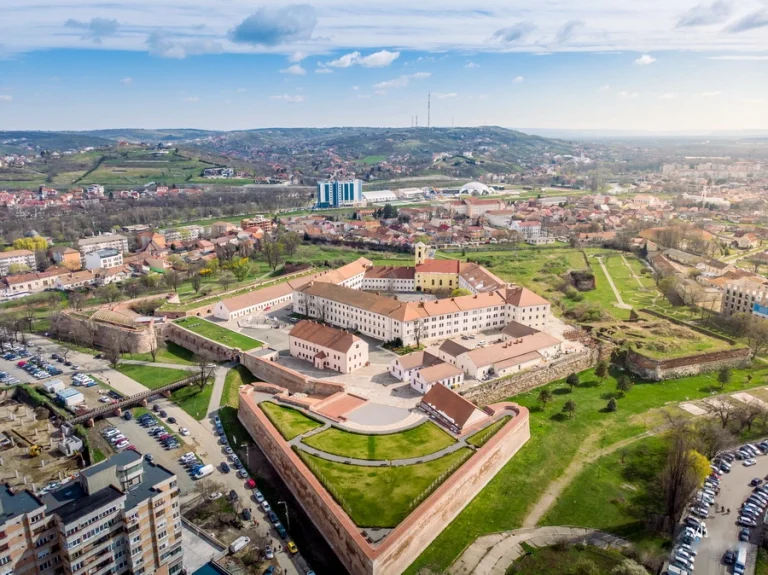The rise of remote work has ushered in a new era of digital nomadism, allowing professionals to work from virtually anywhere in the world. As these digital nomads flock to lower-income countries seeking affordable living conditions, a complex web of socio-economic impacts emerges, raising concerns about the unintended consequences of this trend. While the allure of working from a beachside villa or a cozy café in a vibrant city is undeniable, the ramifications of this migration can inadvertently create new forms of colonialism.
The Digital Nomad Boom
In recent years, cities like Bali, Lisbon, and Tbilisi have become popular hubs for remote workers. As a former travel agent, I’ve witnessed firsthand how this shift is transforming travel and local economies.
For example, in Bali, Indonesia, the influx of remote workers has driven up rental prices in traditionally affordable neighborhoods. Local residents, who once enjoyed a comfortable standard of living, now find themselves priced out of their homes due to the demand created by wealthy expatriates. The cost of living has surged, and many locals are struggling to keep pace, leading to a stark divide between those who benefit from this trend and those who do not.
Economic Disparities and Housing Markets
One of the most pressing issues arising from the remote work travel trend is its impact on housing markets in popular nomad destinations. As digital nomads seek out affordable accommodations, landlords often raise prices to capitalize on the increased demand. In cities like Tbilisi, Georgia, I saw firsthand how landlords began converting long-term rentals into short-term vacation rentals to cater to tourists. This shift not only reduces the availability of affordable housing for locals but also disrupts the fabric of the community.
In my travels, I met a Georgian family who had lived in their home for generations. They shared how their neighborhood, once a close-knit community, was rapidly changing. With more foreign nationals moving in, the local culture was evolving, and many residents felt alienated. This trend raises questions about the sustainability of such rapid changes and the long-term effects on local populations.
Cultural Displacement and Identity
Beyond the economic implications, the remote work trend can also lead to cultural displacement. As expatriates settle in new locations, they often bring their lifestyles, preferences, and expectations, which can overshadow local customs and traditions. For instance, in many areas of Southeast Asia, Western-style cafes and co-working spaces have proliferated, catering to the needs of digital nomads while pushing aside traditional establishments that once defined the area.
During my time in Bali, I frequently encountered situations where local businesses struggled to compete with imported brands that catered exclusively to expatriates. This cultural shift can lead to a homogenization of local identities, stripping communities of their unique characteristics in favor of a more familiar, yet less authentic, experience for newcomers.
The Unintended Consequences of Remote Work
While remote work offers flexibility and freedom, it also brings to light the socio-economic divisions that can arise from such mobility. The trend of moving to lower-income countries for better living conditions can inadvertently create a new form of colonialism, where wealthier individuals benefit at the expense of local populations. As remote workers enjoy the perks of affordable living, they may unintentionally contribute to rising inequality and social tensions.
To illustrate this point, consider the case of a popular coworking space in Lisbon, which became a hub for digital nomads. While it provided a vibrant community for remote workers, it also encouraged the gentrification of surrounding neighborhoods. Local businesses faced challenges as prices rose, and long-standing residents struggled to adapt to the changing landscape. The contrast between the affluent expatriates and the local community became increasingly evident, highlighting the socio-economic divide.
Finding a Balance
As we navigate this new landscape of remote work and travel, it’s essential to consider the implications of our choices. Digital nomads can play a vital role in fostering positive change by engaging with local communities, supporting local businesses, and being mindful of their impact. For instance, participating in community-based tourism initiatives can help bridge the gap between expatriates and locals, creating a more equitable exchange.
Moreover, remote workers should strive to educate themselves about the cultures and communities they inhabit, respecting local customs and traditions. By fostering meaningful connections and promoting mutual understanding, we can work towards a more harmonious coexistence that benefits everyone involved.
Conclusion
The remote work travel trend presents both exciting opportunities and significant challenges. While it empowers individuals to explore the world and enjoy new experiences, it also raises important questions about the socio-economic impacts on local communities. As we embrace this new era of digital nomadism, let us be conscious of the complexities involved and strive to create a more equitable and sustainable future for all.
By acknowledging the potential pitfalls of our travel choices and actively seeking to mitigate their effects, we can ensure that our adventures enrich both our lives and the communities we visit, rather than perpetuate cycles of inequality and displacement.




